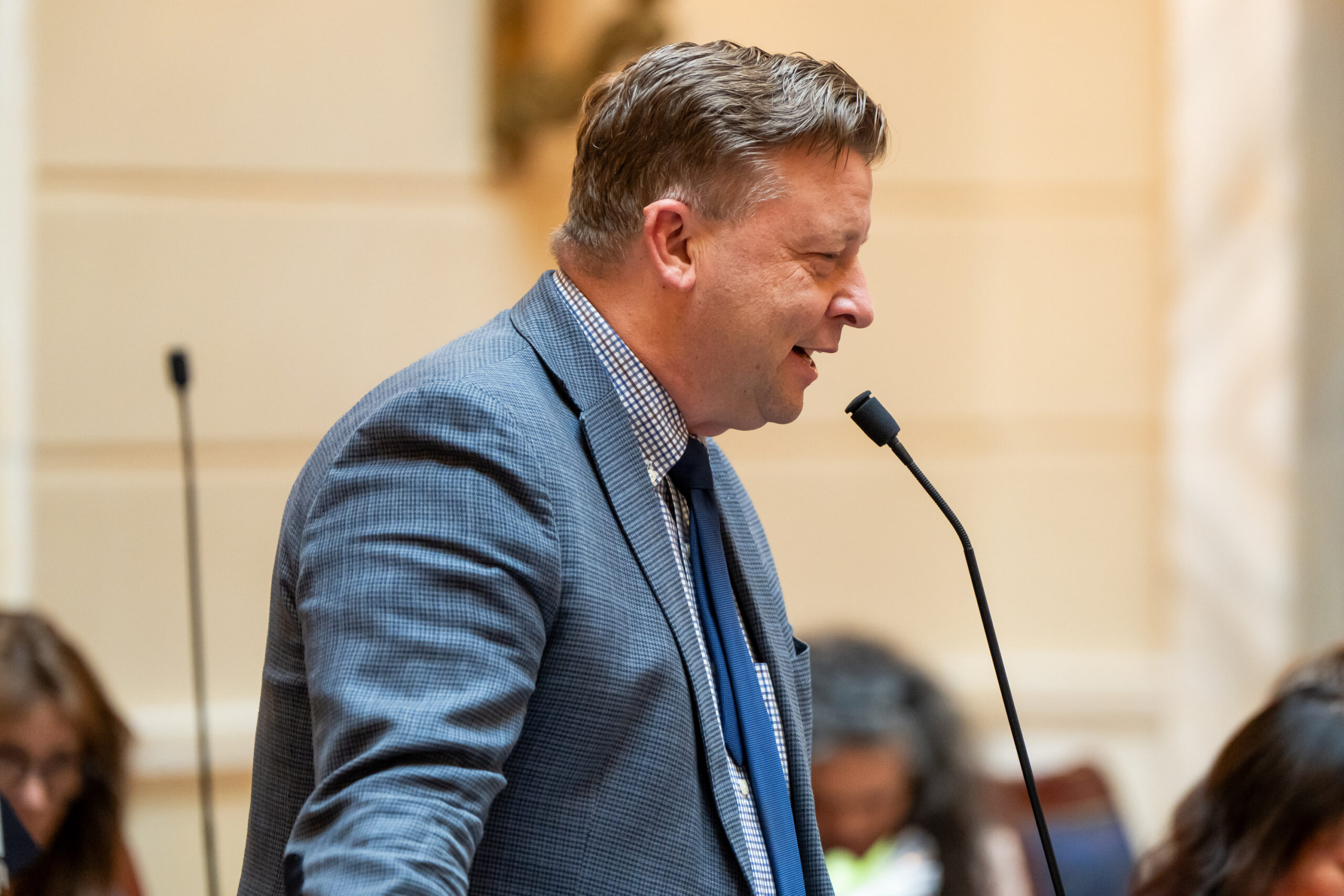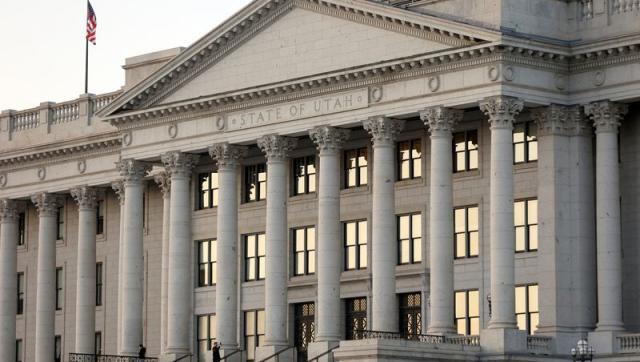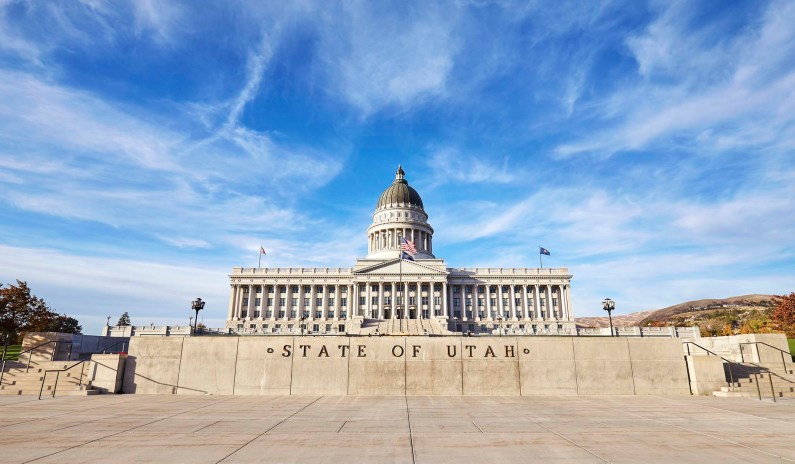Georgia and Iowa are currently deliberating over legislative measures aimed at safeguarding the religious practices of their residents from potential encroachments by state and local governments. While seemingly benign, these initiatives have sparked controversy and debate, as evidenced by media coverage that casts doubt on their motives and implications.
A local news report on Iowa’s proposed legislation, for instance, suggests a partisan and cynical agenda with its headline, “Iowa Senate Republicans pass ‘religious freedom’ bill,” employing scare quotes around “religious freedom.” Similarly, an Associated Press article covering Georgia’s bill adopts a more restrained yet accusatory tone: “Georgia bill aims to protect religious liberty. Opponents say it’s a license to discriminate.”
These instances reflect a broader trend in recent years, wherein the media narrative portrays religious freedom as a contentious battleground in the so-called “culture wars.” The surge in religious freedom-related rulings by the U.S. Supreme Court is depicted as a clash between religious liberties and other rights.

Sen. Todd Weiler (Credits: Utah News Dispatch
Challenges at the state level, spanning areas such as education, healthcare, and even cake decoration, further fuel the narrative. Moreover, states facing backlash for enacting laws mirroring federal religious freedom protections underscore the divisive nature of the issue.
In contrast to this discord, Utah stands out as a model of bipartisan cooperation in advancing religious freedom. Since 2021, Utah lawmakers have enacted eight new religious freedom laws, garnering bipartisan support, including three during the most recent legislative session. This legislative harmony serves as a beacon for federal and state lawmakers seeking guidance on promoting religious freedom.
During the latest session, Utah unanimously passed a law akin to the federal Religious Freedom Restoration Act (RFRA), reminiscent of a controversial measure that led to boycotts in Indiana. However, unlike its predecessor, this bill received support from social groups that had previously opposed such initiatives.
This consensus was achieved by incorporating prefatory language, a rarity in Utah legislation, aimed at addressing concerns about potential disruptions to discrimination protections.

Shifting Religious Freedom from Controversy to Consensus (Credits: Yahoo)
Another newly enacted law mandates employers to accommodate employees’ religious practices unless it significantly hampers business operations. Similarly, a third law extends this principle to public employers, preventing situations where employees are compelled to act against their conscience due to religious beliefs.
These legislative achievements build upon Utah’s bipartisan commitment to religious freedom, which has been evident since 2021.
Previous measures include requiring reasonable accommodations for religious worship during public health emergencies, ensuring students’ participation in religious observances without academic penalties, permitting religious attire at high school graduations, and safeguarding the operations of religious child welfare agencies.
Crucially, Utah’s approach emphasizes proactive identification and resolution of potential conflicts rather than reactive litigation. This proactive stance, coupled with efforts to address apprehensions during the drafting process, minimizes conflicts that might escalate in a courtroom setting.
Utah’s success in advancing religious freedom underscores the importance of candid legislative discourse and consensus-building in aligning policies with constitutional principles. By learning from Utah’s example, other states can navigate the complexities of religious freedom while fostering inclusivity and respect for diverse beliefs.























